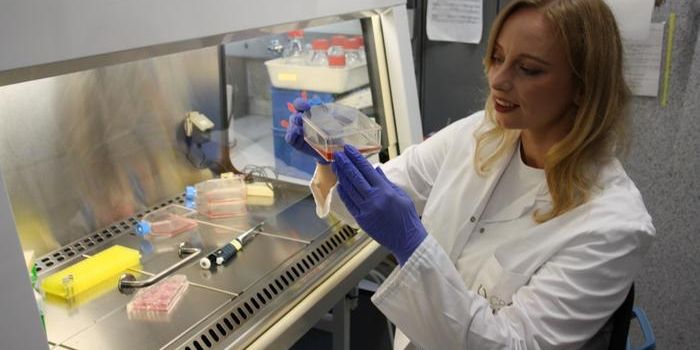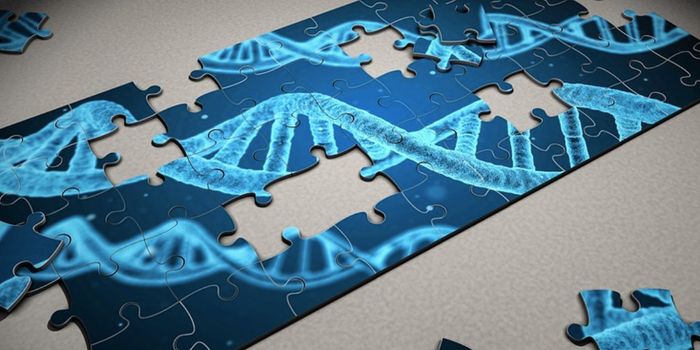Are you at risk of endometrial cancer?
Are you concerned about endometrial cancer? New research published recently in the Journal of Medical Genetics has identified 24 genetic variants that predispose women to endometrial cancer. These findings could help women determine if they qualify as high-risk and improve screening and prevention methods.
The study, led by Professor Emma Crosbie from The University of Manchester, reviewed 149 scientific studies, making it the most comprehensive systematic review in the field of endometrial cancer. Researchers from The University of Manchester, University of Cambridge and Manchester University NHS Foundation Trust collaborated on the review. The study itself received funding from the NIHR Manchester Biomedical Research Centre.
According to the World Cancer Research Fund, endometrial cancer is the sixth most commonly occurring cancer in women and the 15th most commonly occurring cancer overall.
"Because many of the studies carried out to date have been of variable quality, we felt it was important to understand more fully genetic predispositions to endometrial cancer," said Professor Crosbie. "Our work, we hope, will facilitate personalized risk assessment so that prevention and screening could be targeted more efficiently."
In their analysis, the researchers determined that the genetic variants in HNF1B, KLF, EIF2AK, CYP19A1, SOX4 and MYC had particularly strong associations with endometrial cancer. Additionally, they concluded that nineteen other variants had genome-wide significance. Interestingly, they did not determine the MDM2 variant rs2279744 to be a risk factor.
The authors say that the risk is not so much the existence of one of these genetic variants, but the combined presence of multiple. As Science Daily explains, “when all 24 variants are combined in a so-called polygenic risk score, women who score within the top 1% have a risk of endometrial cancer 3.16 times higher than the mean risk.”
Crosbie also commented: "These genetic variants linked to endometrial cancer risk are involved in cell survival, estrogen metabolism and transcriptional control -- when the information stored in our DNA is converted into instructions for making proteins or other molecules.” The researchers recognize that their analysis is just the tip of the iceberg of understanding the full picture of endometrial cancer; nevertheless, they hope their findings will be helpful. “We think studies with larger cohorts are needed to identify more variants with genome-wide significance. But until data from larger and more diverse cohorts are available, these twenty-four SNPs are the most robust common genetic variants that affect endometrial cancer risk."
Sources: Journal of Medical Genetics, Science Daily








